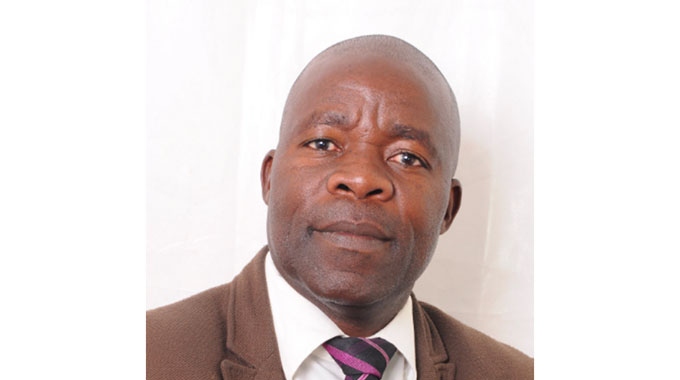‘Strike a balance between hybrid and indigenous seeds’

Mangaliso Lawrence Kabulika
COMING on the backdrop of rising prices for basic inputs such as maize seed, the looming El Nino threat compounded the need for farmers to strike a balance between use of hybrid and indigenous seeds as a way of to enhancing food security while preserving the environment as well.
Knowledge Transfer Africa (KTA) chief executive officer Dr Charles Dhewa yesterday said hybrids had become so expensive that very few farmers could afford them. He added that the Presidential Input Scheme could not have come at a better time, as it was helping many.
“Fertiliser and chemical prices have also gone beyond reach of the majority of farmers. In an ideal situation, farmers should be able to buy seed, fertiliser and other inputs.”
Dr Dhewa hinted that communities might need to establish seed banks as part of cultural practices that recognise soil and seed as the main foundation for food sovereignty. This would augment what they would have received from the Presidential Input Scheme, he said.
“The biggest threat to community seed banks is the prevalence of a competitive landscape where community seed banks are competing with industrial seed systems, which do not start as seed and end there but seed is part of a wide range of commercial products,” he said.
Additionally, Dr Dhewa said proponents of industrial seed identified productivity, early maturity and drought tolerance as some of the advantages associated with industrial hybrids starting at the production process. This was designed to portray industrial hybrids as having more comparative advantages over natural indigenous seeds, for instance, some agronomists compared hybrid maize’s capacity to yield 10 tonnes per hectare to finger millet’s three tonnes per hectare yields.
“There has been huge investments in appropriate technologies for hybrids, which has not happened for indigenous seeds like traditional grains and tubers,” observed Dr Dhewa.
He revealed that various non-governmental organisations had set up community seed banks in Uzumba Maramba Pfungwe and Tsholotsho adding that seed banks and indigenous food systems should be promoted to become viable community enterprises, sources of employment and income.
“This requires developing and supporting the whole community supply chain systems, beyond a few project beneficiaries. Approaches led by local leaders should be used starting from production. With enough awareness and empowerment, local leadership should be able to direct the utilisation of all community natural resources like land, water, forests, rivers and others towards food sovereignty.
Advocacy efforts should focus on ensuring land is set aside for indigenous food while upgrading community seed banks to increase food production as part of boosting economies of scale for indigenous food. Currently, due to competition for land and other resources between industrial food systems and indigenous food, farmers are producing small quantities of traditional grains and other indigenous commodities, making it difficult to achieve economies of scale,” said Dr Dhewa.
He further explained that industrial food would be replaced by indigenous food systems including natural foods such as wild fruits, vegetables and herbs. Traditional leaders should be empowered to mandate every farmer to use at least three quarters of her land for indigenous food.
“Boosting production will invite investors in appropriate technology vital for supporting indigenous foods,” said Dr Dhewa.
Zimbabwe Farmers Union (ZFU) secretary general Mr Paul Zakariya said balancing seed varieties would ensure grower viability.
“These banks play a crucial role in preserving traditional open pollinated varieties, which have been passed down through generations. It is imperative that we invest in research and collaboration to develop climate-resilient seed varieties while maintaining the integrity of our agricultural heritage. By striking a balance between seed diversity and adaptability, we can ensure the long-term viability of our farming communities in the face of uncertainties brought by climate change,” he said.








Comments